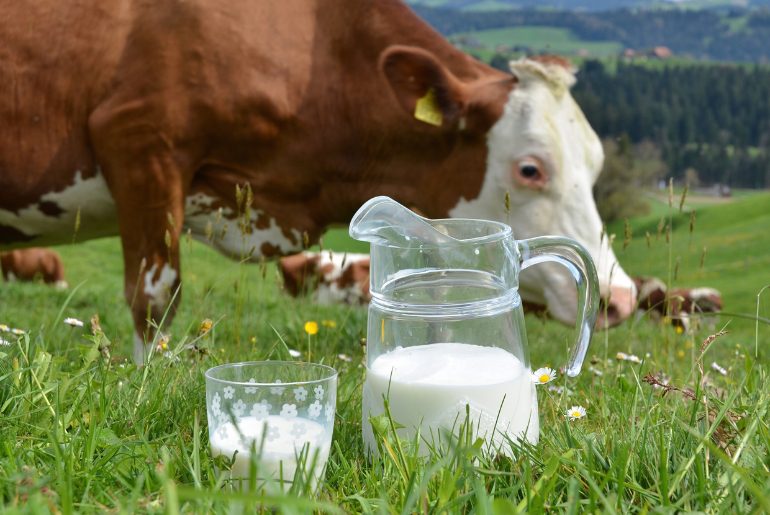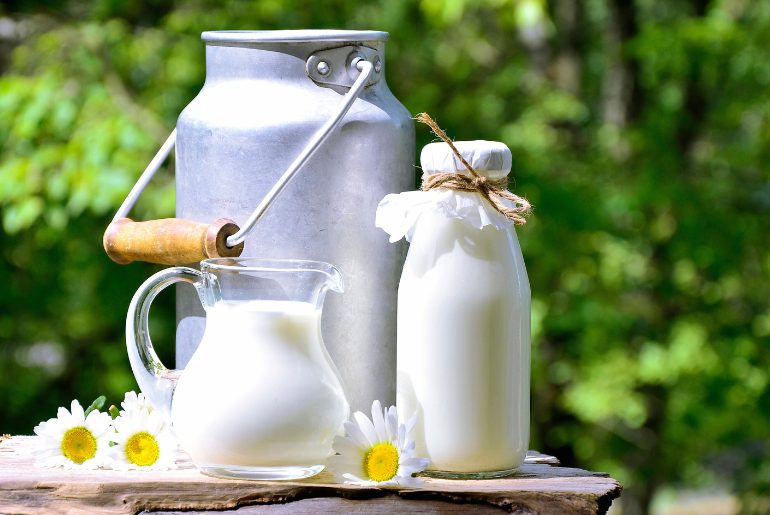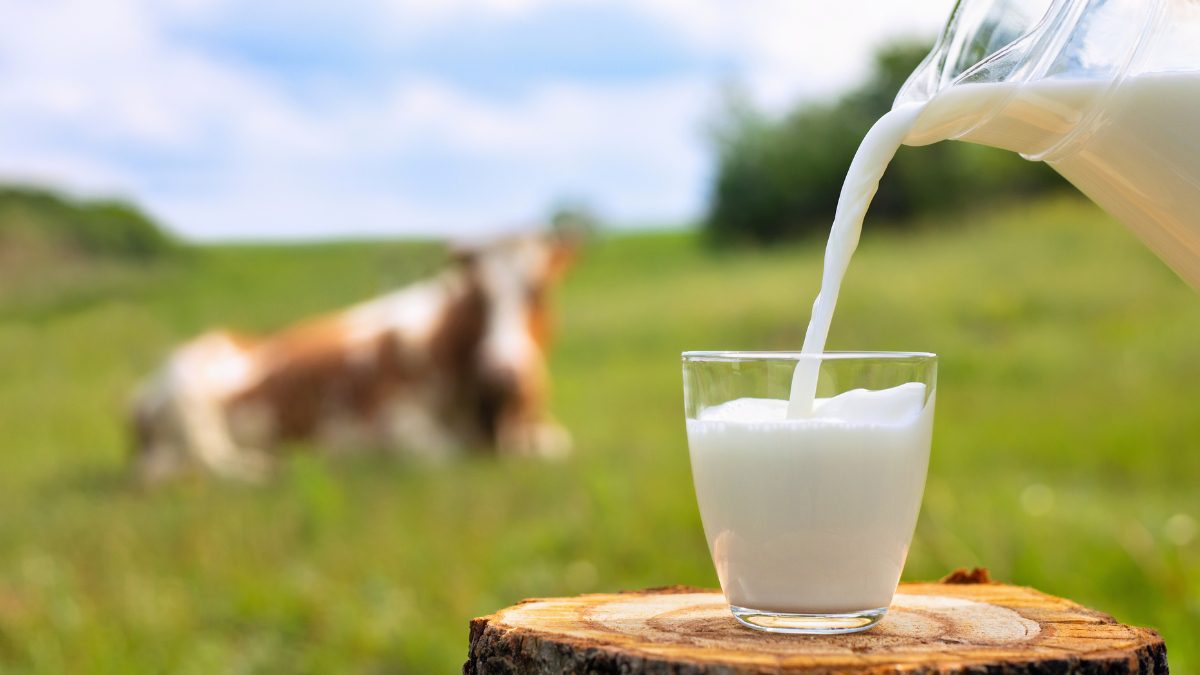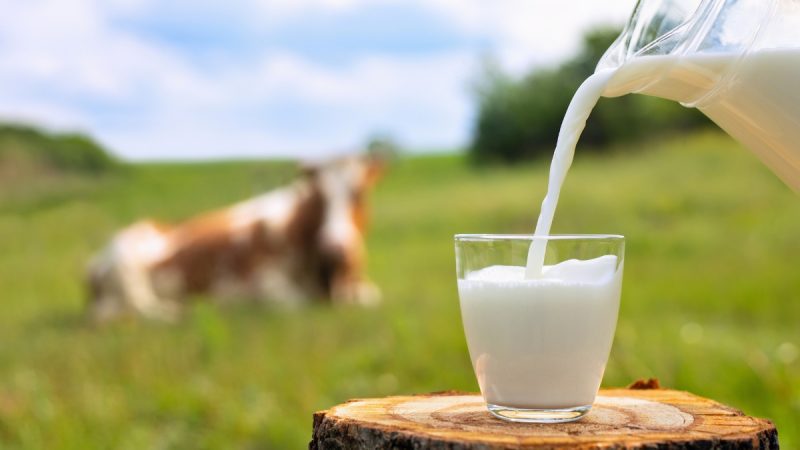Imagine a world without milk—the absence of creamy chai in bustling Indian streets, the void of velvety desserts that tantalise taste buds, and the silence of sacred rituals where milk flows like a symbol of purity. In this complex tapestry of global culture, one humble beverage unites us all: milk. As we celebrate World Milk Day, let’s journey through its rich history, exploring its significance, from the health of cows to the cultural essence it embodies, particularly in the vibrant tapestry of India.
Valuing Cow Health On World Milk Day

World Milk Day is an annual celebration observed on June 1st to highlight the importance of milk and dairy products in our diets and to recognise the contributions of the dairy industry to global nutrition and food security. It was established by the Food and Agriculture Organization (FAO) of the United Nations in 2001 to recognise the importance of milk as a global food. It aims to promote dairy farming and consumption worldwide.
Milk is a rich source of essential nutrients like calcium, protein, vitamins, and minerals, making it an integral part of a balanced diet. It provides vital nutrients for bone health, muscle growth, and overall well-being, especially in children. But how do we make sure the milk we consume is actually beneficial for us? Well, the health of the cow is directly responsible for the quality of milk produced.
The health and welfare of cows significantly impact milk quality. Cows that are well-fed, properly housed, and cared for produce higher-quality milk. Factors like cleanliness, diet, and stress levels affect milk composition and taste. In dairy farming, practices such as regular veterinary care, proper nutrition, and comfortable living conditions are crucial for maintaining cow health.
Also Read: Travelling Abroad? Discover The Benefits Of Forex Cards And The Best Options For Indians!
Significance Of Milk In India

Milk holds immense cultural and nutritional significance in India. It is considered a complete food and is an integral part of Indian cuisine and customs. Dairy products like yoghurt, ghee (clarified butter), and paneer (cottage cheese) form the nutritional backbone of the Indian diet. They also provide essential nutrients like calcium, protein, and vitamins.
In Hinduism, the cow is revered as sacred, and milk holds symbolic significance in religious rituals and ceremonies. It is also offered to deities in temples, and festivals like Krishna Janmashtami and Govardhan Puja. Apart from its cultural significance, milk is also an integral part of the economy in India. Dairy farming is a significant source of livelihood for millions of rural households in India.
World Milk Day serves as a reminder of the nutritional value of milk and the importance of sustainable dairy production practices. It certainly ensures food security and promotes global health and well-being.
So, let’s raise a glass of milk and toast to the goodness it brings to our lives!
Cover Image Courtesy: Canva





